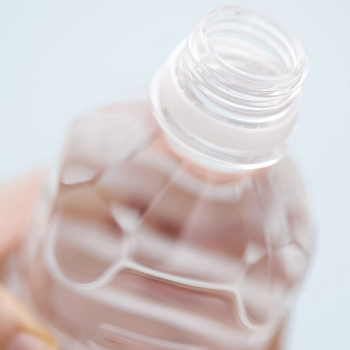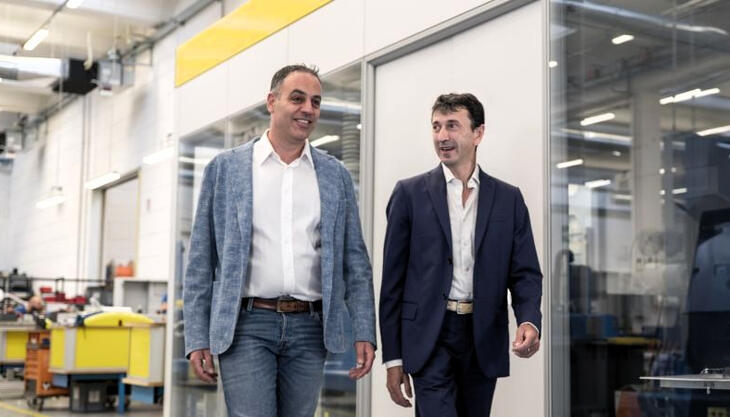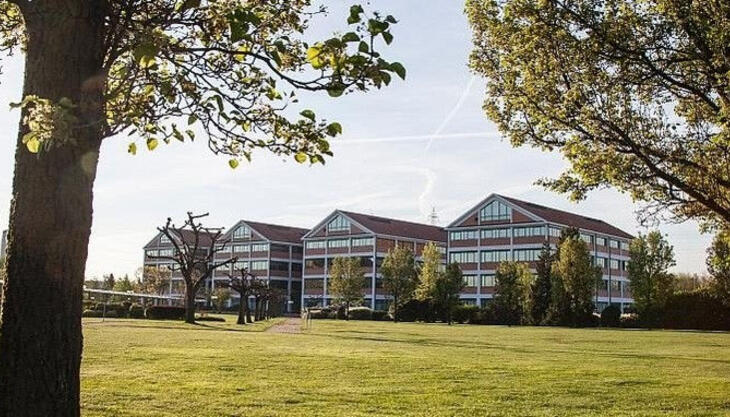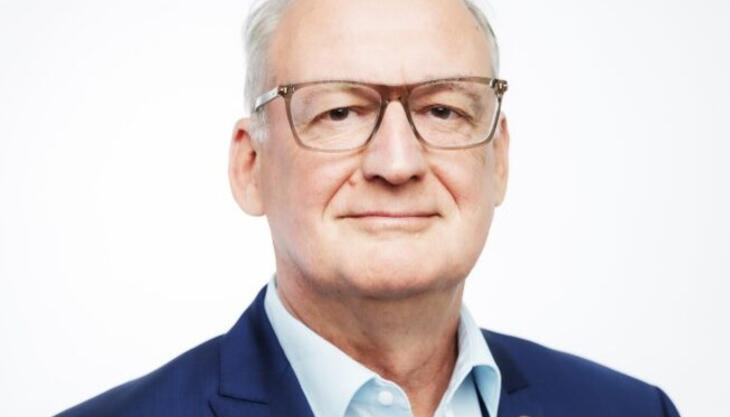Piovan revenues grow in the first 2022 quarter, the Plastic area marks +16.5%

In the first quarter of 2022 Piovan Group reported revenue and other income of 108 million euros, increasing by 66.6% from 64.8 million euros in the first quarter of 2021. This is what emerges from the financial periodic information approved in recent days by the company board of directors. On a like-for-like consolidation basis, thus excluding revenue recognized by Ipeg group, consolidated from February 1, 2022, total revenue and other income amounted to 74.1 million euros, up 14.3% on the first quarter of 2021. Recognizing the effect of the acquisition of Ipeg group retroactively to January 1, 2022, the amount of revenue and other income of Piovan Group would have been 122.3 million euros in the first quarter of 2022.
Revenue by business segment indicates, on a like-for-like basis, that Plastic Systems revenue increased by 16.5%, driven by a good performance in Europe and in Asia, with the automotive sector rebounding thanks to increased investments in new electric models and the consumer & technical and packaging sectors remaining very solid. Ipeg performed strongly in the quarter, with order intake, revenue and earnings all rising. The consolidation of Ipeg in February and March 2022 brings about 24.7 million euros in additional revenue in the Plastic area, with a combined growth of 70.4%.
The group confirms its focus on continuing along the strategic path undertaken, which includes among its objectives an increase of its contribution to the circular economy, by developing products and solutions for the recycling value chain, and growth by acquisitions. With regard to future acquisitions, and given the completion of the Ipeg acquisition on January 31, 2022, it is reasonable to assume that 2022 will be dedicated to the integration of this acquired group, in order to take full advantage of the group strategic potential, given also its importance within Piovan Group. Piovan remains interested in companies with products/technologies that can expand the value chain served by the group, and will continue to assess potential opportunities for acquisitions and other growth by external means.
 With regard to developments in European legislation concerning the production and use of plastic, there is a possibility of changes in the marketplace. In particular, legislation could promote the use of recycled plastic or biodegradable polymers at the expense of virgin, petroleum-based polymers. For Piovan Group, this European legislation represents an opportunity to sell technologies developed in recent years for the automation, processing and screening of recycled and biodegradable plastics. Indeed, in recent years Piovan Group has registered patents related to recycling and has therefore a technological advantage over its competitors. The Company currently estimates that - on the basis of the 2021 year and excluding the contribution of Ipeg group - more than 20% of revenue in segments where recycled plastic usage is relevant (mainly packaging, fiber, recycling and compounds) may be considered to be related to circular economy activities.
With regard to developments in European legislation concerning the production and use of plastic, there is a possibility of changes in the marketplace. In particular, legislation could promote the use of recycled plastic or biodegradable polymers at the expense of virgin, petroleum-based polymers. For Piovan Group, this European legislation represents an opportunity to sell technologies developed in recent years for the automation, processing and screening of recycled and biodegradable plastics. Indeed, in recent years Piovan Group has registered patents related to recycling and has therefore a technological advantage over its competitors. The Company currently estimates that - on the basis of the 2021 year and excluding the contribution of Ipeg group - more than 20% of revenue in segments where recycled plastic usage is relevant (mainly packaging, fiber, recycling and compounds) may be considered to be related to circular economy activities.
Considering organic growth, on the strength of record performance in 2021 that continued into the initial months of 2022, the company looks to the future with great optimism, despite the uncertainties connected to the geopolitical context. Piovan Group has a presence in many geographical areas and in a diverse range of industries, which will certainly mitigate the overall risk tied to the current crisis. The most resilient markets (e.g. medical, flexible packaging) remain encouraging, and it is reasonable to expect a recovery in the most cyclical industries (e.g. automotive, construction). Order intake during the initial months of 2022 continues to be sustained and the backlog at March 31, 2022 remains at a very high level.
In spite of these positive factors, risks remain with regard to the spread of more infectious variants of COVID-19, with a greater degree of infectivity, which could lead to increased restrictions, and especially to the repercussions of the Russia-Ukraine war, with consequent impact on the economy, and the supply chain issues that have caused slowdowns in procurements, fuelling further inflation in many countries with the risk that inflation could remain high for longer than originally forecast. In particular, there has been a significant increase in the prices of certain raw materials and industrial components, as well as in transport and energy costs, which are creating challenges for businesses in certain segments. The outlook in this regard is uncertain, and much will depend on the timing of the return to normality in markets around the world.



















